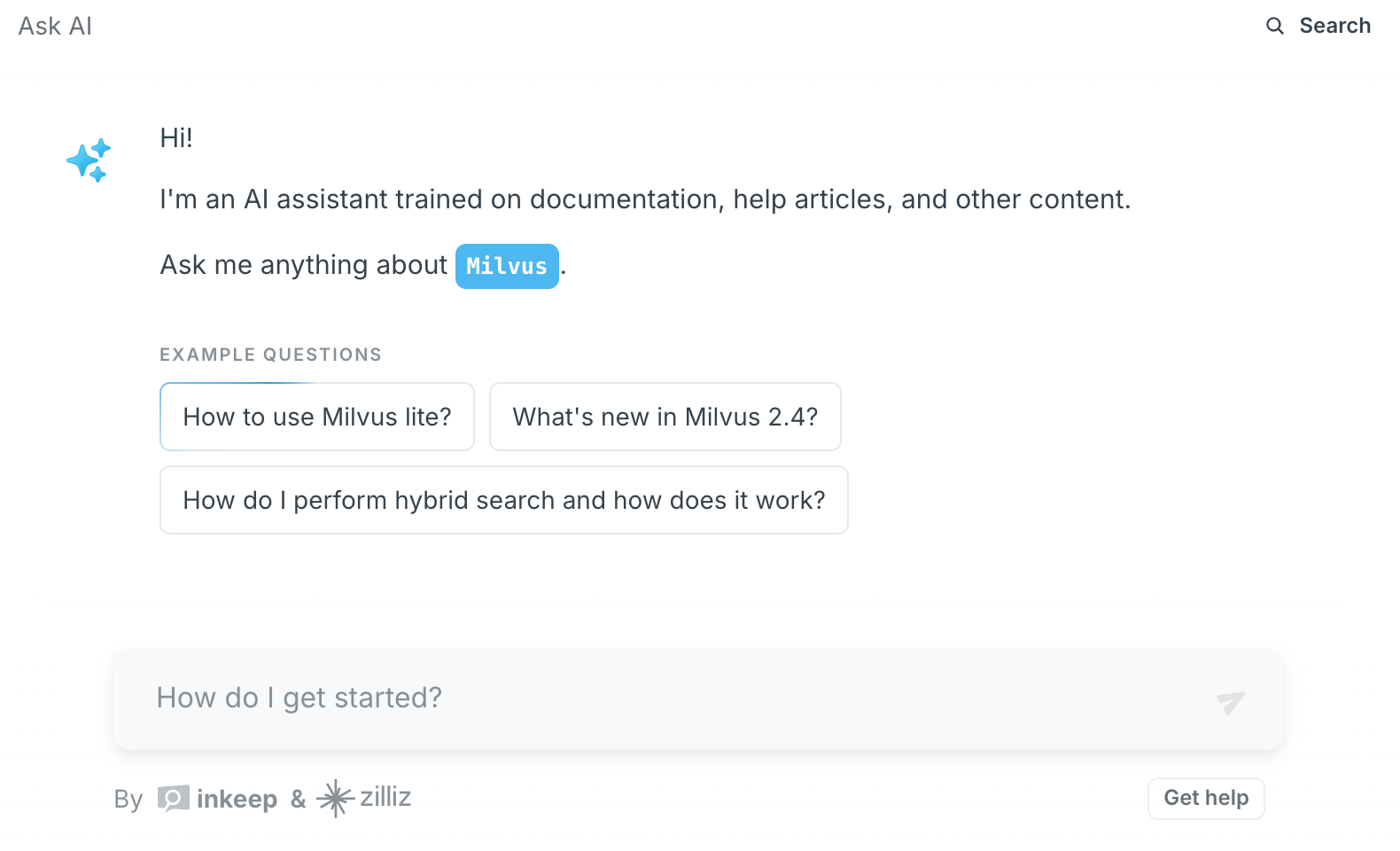A system using a smaller, highly relevant private knowledge base and one that searches a broad corpus like the entire web differ significantly in accuracy, trustworthiness, and response time. A private knowledge base offers tightly controlled, domain-specific information, while a web-based system prioritizes breadth and recency. The choice between them depends on the use case, balancing precision against adaptability.
Accuracy hinges on the alignment between the system’s data and the user’s needs. A private knowledge base, such as a curated dataset for medical diagnosis tools, ensures answers are tailored to specific scenarios. For example, a legal compliance bot trained on internal company policies will avoid irrelevant or conflicting external laws. However, this specificity can limit adaptability—if the knowledge base lacks coverage for a niche query, accuracy drops. In contrast, a web-search system (e.g., a public LLM scraping forums and articles) might retrieve recent or diverse insights, like updated coding practices from developer communities. But it risks inaccuracy due to outdated or contradictory sources, such as mixing correct and deprecated API usage in responses.
Trustworthiness is stronger in private systems because data sources are vetted. For instance, a financial advisory bot using verified regulatory documents reduces misinformation risks. Errors in such systems usually stem from gaps in the knowledge base, not external noise. Web-based systems, however, must filter unreliable sources—like social media posts or unmoderated blogs—which can lead to untrustworthy outputs. While some tools cross-reference multiple sources to validate answers, this adds complexity. A private system avoids these risks but may become outdated if not maintained, whereas web-based approaches dynamically reflect current trends, for better or worse.
Response time favors private knowledge bases. Querying a compact dataset (e.g., a FAQ database for customer support) is computationally efficient, enabling near-instant answers. Web-scale systems require processing vast data, increasing latency—imagine searching millions of articles versus a local index. However, modern cloud APIs and caching can mitigate web-based delays. Private systems struggle with novel queries outside their scope, forcing developers to either expand the knowledge base (costly) or accept incomplete answers. Web systems handle diverse inputs but may sacrifice speed for breadth. For real-time applications like chatbots, private bases are preferable; for exploratory tasks, web-scale breadth justifies slower responses.
